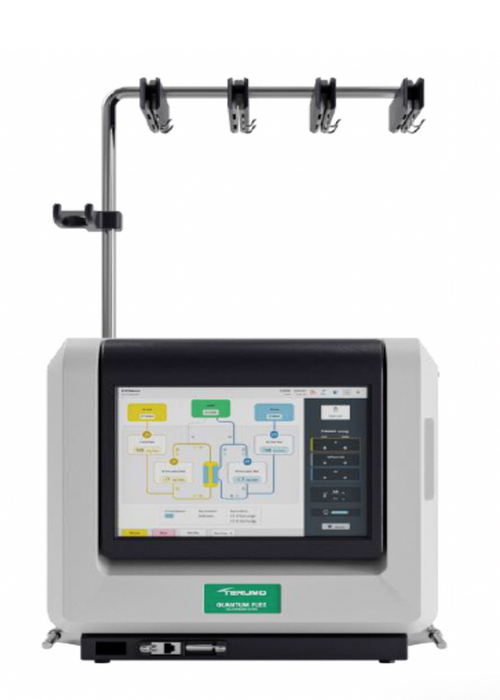Terumo and FUJIFILM partner to streamline T cell expansion protocols
Terumo Blood and Cell Technologies and FUJIFILM Irvine Scientific have announced a strategic partnership to optimise T cell expansion protocols, combining Terumo BCT’s Quantum Flex Cell Expansion System with FUJIFILM’s PRIME-XV T Cell Expansion Media. This collaboration addresses significant manufacturing challenges faced by cell therapy developers, particularly those in early-stage development.
The partnership focuses on providing standardised, validated protocols that integrate FUJIFILM’s chemically defined, GMP-compliant media with Terumo BCT’s automated cell expansion platform. This approach aims to minimise the substantial investment typically required for developing in-house T cell expansion methods.
Manufacturing process standardisation
The Quantum Flex system employs hollow-fibre perfusion technology, creating an optimised cell culture environment with continuous media circulation, waste removal, and gas exchange capabilities. The platform’s flexibility accommodates both autologous and allogeneic applications, alongside viral vector and exosome production across multiple bioreactor configurations.
Veerle d’Haenens, General Manager of Global Therapy Innovations at Terumo BCT, said: “We’re optimistic about the impact this collaboration will have on the industry by advancing process standardisation and reducing risks in therapy development through integrated, proven solutions. This partnership reflects our commitment to addressing challenges directly and providing tools that bring cell therapies closer to patients.”
Regulatory compliance
FUJIFILM’s media system offers additional regulatory advantages through its Drug Master File (DMF) status, expediting therapeutic treatment approvals. The GMP-manufactured media helps ensure consistency throughout development and clinical research phases.
Yutaka Yamaguchi, chairman and chief executive officer at FUJIFILM Irvine Scientific, commented: “With T cells playing such a vital role in many new cell-based therapies, we designed our Fujifilm PRIME-XV T cell media to deliver consistent, high-quality T cell production. Collaborations like this offer a tremendous opportunity to address such a critical industry need – enabling faster, more efficient cell therapies for patients.”
Recent peer-reviewed research has validated the efficacy of this integrated approach. A study published in Cytotherapy in November 2024 demonstrated successful rapid manufacturing of low-seed CAR-T cells using the GMP-grade hollow-fibre bioreactor platform.
The collaboration represents a significant step towards standardising cell therapy manufacturing processes, potentially reducing development timelines and associated costs. This systematic approach to T cell expansion could accelerate the advancement of cell therapies through clinical development stages, ultimately improving accessibility for patients requiring these innovative treatments.





